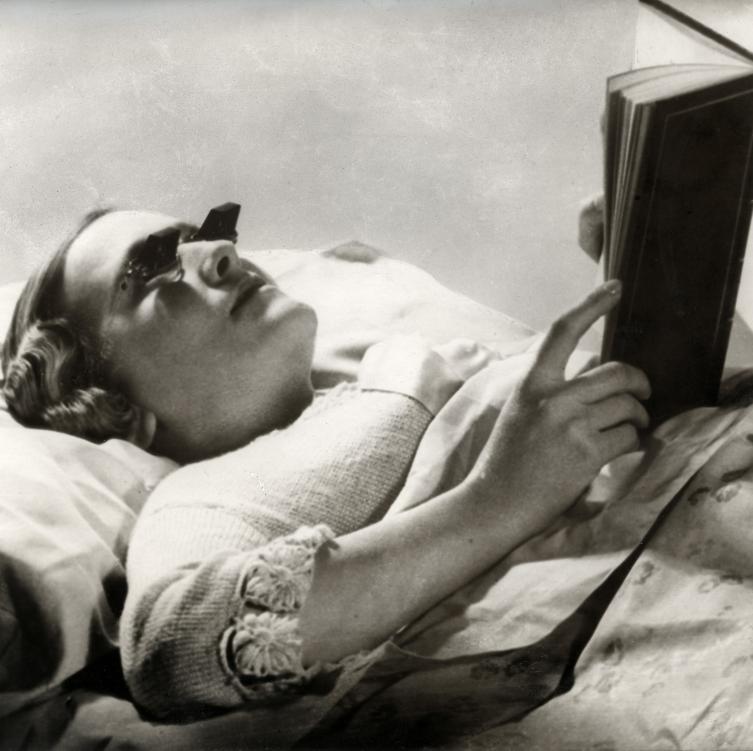University students are one of the most sleep-deprived populations to sluggishly walk the earth. According to research at Brown University, roughly 73-percent of students report problems with sleeping, while a modest 11-percent report good sleep — that is, according to their own college-student-standards.
Although many of the excuses for our awful dozing-dilemma can be traced back to rigorous academic requirement, our lack of sleep most likely stems from laziness, poor time management, and undervaluing of its injury to our health.
Teenagers and young adults alike are often expected — no, encouraged to make dumb decisions. Internet fads and university culture celebrate our unintelligent tendencies, making us blind to the reality that our youthful and god-like bodies are not, in fact, invincible. The dark side of our bright futures prove that our decisions follow us for the rest of our lives as well as determine our quality of life indefinitely.
Teenagers and young adults alike are often expected — no, encouraged to make dumb decisions. Internet fads and university culture celebrate our unintelligent tendencies
University students are oftentimes praised by both peers and social media for doing straight-up, idiotic and empty-headed things. Remember the Kylie Jenner lip challenge, which provoked people to create a vacuum seal with their mouths around a glass in order to temporarily get Jenner’s infamous lips? Or the ‘lethal’ drinking game known as the “neknomination”, which elicited teens, mostly college-students, to film themselves drinking copious amounts of alcohol in a “creative way”, just for the ‘gram? The worst part about these fads —trust me, there are a lot to choose from —is the competitiveness associated with them, coupled with the supposed coolness they carry.
Likewise, the attitude toward sleep — or lack thereof — in university is worryingly facetious. Sleep is something that every student craves, but that most do not get enough of. As young, wild, and free students, we think of ourselves as invincible, and that no matter the strain we put on our systems, there will be no lasting effects on our bodies and brains.
While I admit to getting 99.8% of my scientific and medical information from YouTube clips produced by a division of Buzzfeed, I stumbled upon an eye-opening video as my eyes were closing, while scrolling through Facebook (at 2am on a Tuesday); the familiarity shook me to my core.
Consequences of sleep deprivation can be divided into two categories. The long term results go under the category of “disease risk”, and the short term consequences fall under “sleep, performance, and public safety.” According to the Division of Sleep Medicine at Harvard Medical School, “lack of sleep-especially on a regular basis-is associated with long-term health consequences, including chronic medical conditions like diabetes, high blood pressure and heart disease.” Oh, and if that still does not scare you, sleep deprivation might also lead to a shortened life expectancy.
While the words “may” and “associated with” tend to lead people, myself included, to believe that these ramifications will never affect ourselves, the following might hit closer to home. According to the US National Institute of Health, sleep deprivation can result in a lower GPA, increased risk of academic failure, and compromised learning. Certainly not hygiene de vie.
Sleep culture in universities is completely backwards
The irony of the competitiveness associated with pulling all-nighters stems from its affiliation with academic superiority. These habits are so heavily ingrained in the university student culture that none of us fully appreciate the damage these unhealthy habits have on our mental and physical health, and even more pressing, our academic performance.
Despite the greater emphasis being placed on mental health these days, the sleep culture in universities is completely backwards. At a time of habitual all-nighters, where the library remains open 24/7 in order to enable our detrimental patterns, it is time to accept the fact that sleep is not for the weak, and that the above facts are not far-fetched, but rather squarely familiar and plausible.
As I finally stop rationalizing that a couple of all-nighters here and there will not hurt me, I am here to set myself and the record straight once and for all, and to urge you, students and faculty of McGill University, to go to bed.


